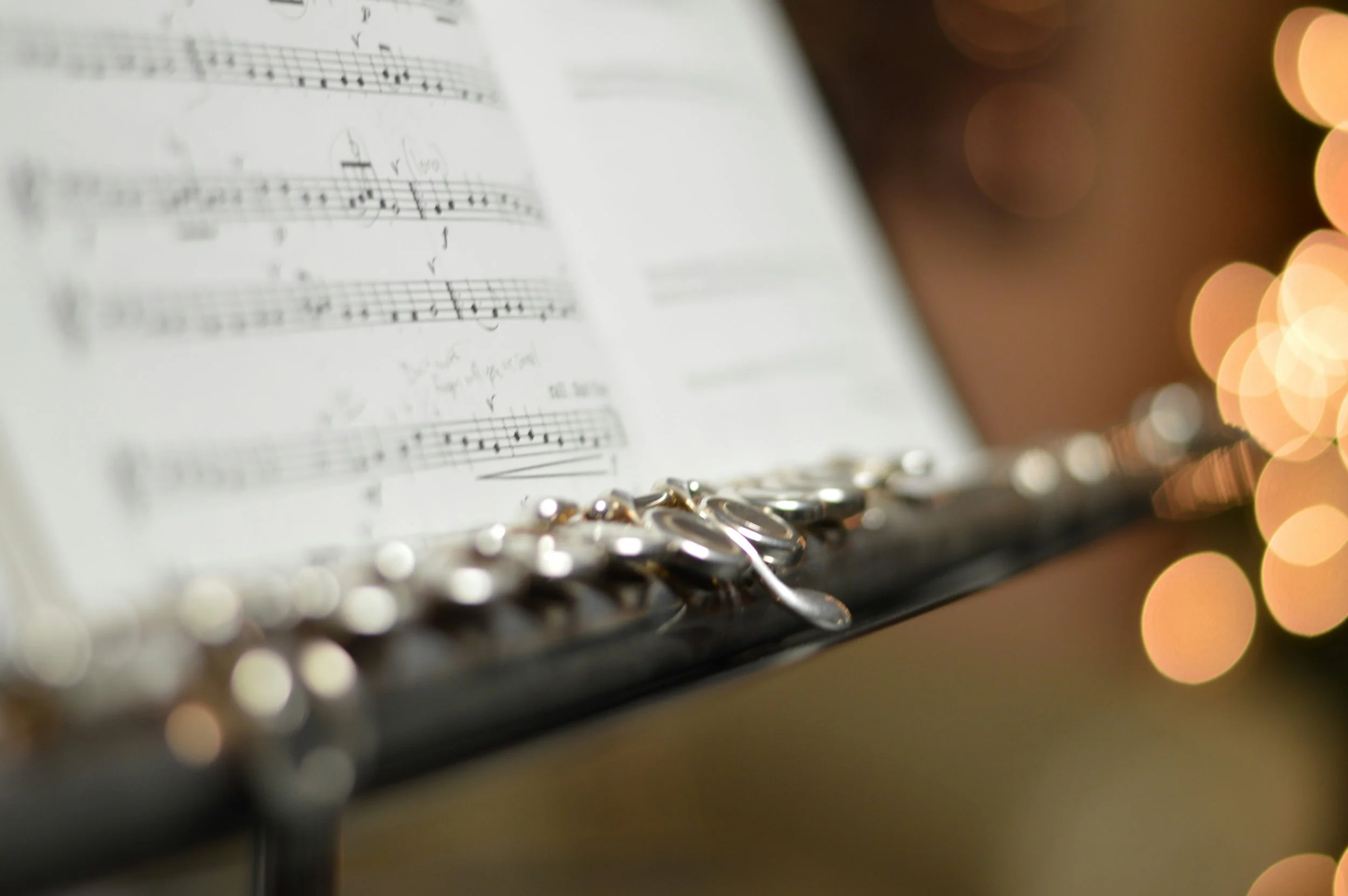Frequently Asked Questions (FAQ)
Why Study with an ORMTA Teacher?
-
A good foundation is essential to the study of any art or science. It is very important that a music student have the best possible teacher. Whether you want to learn as a career choice or simply for your own personal enjoyment, look no further than the experienced and qualified instructors that make up the membership of the ORMTA.
—by ORMTA (Province)
-
ORMTA members are qualified educators who have passed rigorous testing in both practical and theoretical subjects.
Teachers must have pedagogical training in the subject area of instruction. ORMTA teachers must demonstrate their success in teaching by submitting results from Conservatory examinations or Music Festival adjudications.
Students are permitted to be taught a musical instrument during school hours, provided that the lessons do not exceed one half-day per week (21[2e] of Part II [School Attendance] of the Province of Ontario's Education Act 1990).
ORMTA members give instruction to students who are successful in obtaining school credit for practical examinations. See more details at the Province of Ontario, Ministry of Education.
Only students of ORMTA members are:
eligible to participate in ORMTA recitals and competitions
eligible to receive ORMTA scholarships, including those given by ORMTA at the Kiwanis Music Festival
ORMTA promotes and sponsors workshops, recitals, masterclasses, and an annual competition.
-
ORMTA members must have a proven track record in teaching (education, experience, etc.)
ORMTA members provide students with opportunities to perform at music festivals, examinations, recitals, master classes, and competitions at local, provincial, and national levels.
ORMTA members provide students with opportunities to attain awards and scholarships.
ORMTA members prepare students for examinations that can lead to earning high school music credits.
ORMTA members provide advanced students with the skills and knowledge needed to pursue a career in music.
What should I consider when looking for a music teacher?
-
Musical education - Has the teacher successfully completed certification in their area of musical expertise?
Level of experience - Have they taught students at your level?
Personality - Do you (and/or your child) get along with the teacher?
Studio atmosphere - Is the teacher's studio neat and inviting? Free of distractions?
Type of program offered - Does the teacher provide instruction in the style of music you're interested in? Do they offer preparation for exams, festivals, and recitals? What are their expectations for practicing?
—by ORMTA (Province)
-
Explore our Teacher Directory.
Attend an ORMTA event and learn more about the association.
Look for ORMTA advertising rack cards in music stores, community centres and public libraries. There is probably a teacher close to your home.
Please feel free to reach out to Victor Avila, our branch president, if you have any questions.
-
Quality instruction provided by ORMTA members is affordable and the rates are competitive. Every teacher sets their own rates based on experience, level of education, and years of teaching.
Points to consider in selecting a teacher include their musical education, level of experience, personality, studio atmosphere, and type of program offered.
Piano Tuning and Maintenance
-
An acoustic piano should bring years of enjoyment to you and your family. Here are some tips to provide the necessary care in order to protect your investment.
—by Carmen Papalia
Owner of the Family business Ottawa Pianos -
Most piano manufacturers suggest tuning your piano at least twice a year. Tuning means correcting the pitch of every note by retightening the strings. Adopt a schedule of regular service. Regular service will keep your piano's performance, and as a consequence your enjoyment, at its peak level. It will also correct "progressive" problems early, before they turn into costly repairs. Keeping the piano tuned is very important for a student. It ensures that they are listening and training their ear to the correct pitch.
-
The change of climate is the biggest factor in putting the piano out of tune. Our Ottawa climate is quite extreme as we have very dry cold winters and very humid summers. Keeping the humidity level around your piano as constant as possible will help it stay in tune longer. We suggest to tune the piano in the spring after the air conditioning comes on, and in the autumn after the furnace is turned on.
-
Select a Piano Technician with care. Hire a registered piano technician–someone who signs with the credential “RPT” after their name. Registered Piano Technicians are professionals who have committed themselves to the continual pursuit of excellence, both in technical service and ethical conduct. The Piano Technicians Guild grants the Registered Piano Technician (RPT) credential after a series of rigorous examinations that test skill in piano tuning, regulation and repair. Those capable of performing these tasks up to a recognized worldwide standard receive the RPT credential. This ensures that you are employing the services of a first rate tuner. Of course, keep in mind there are exceptions and there are non RPTs who are excellent tuners.



